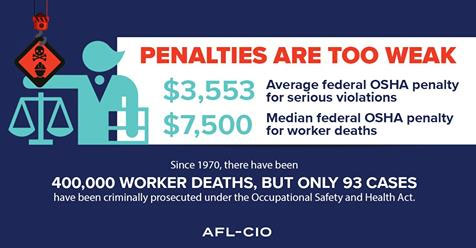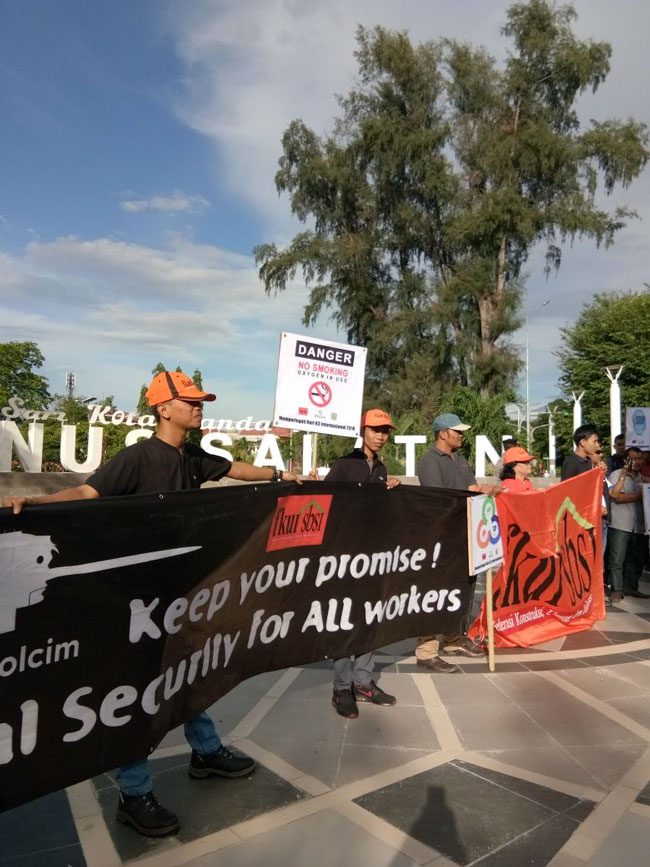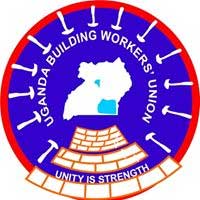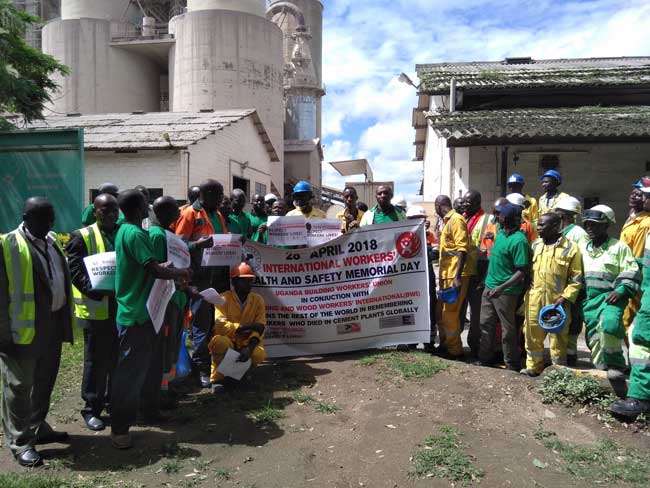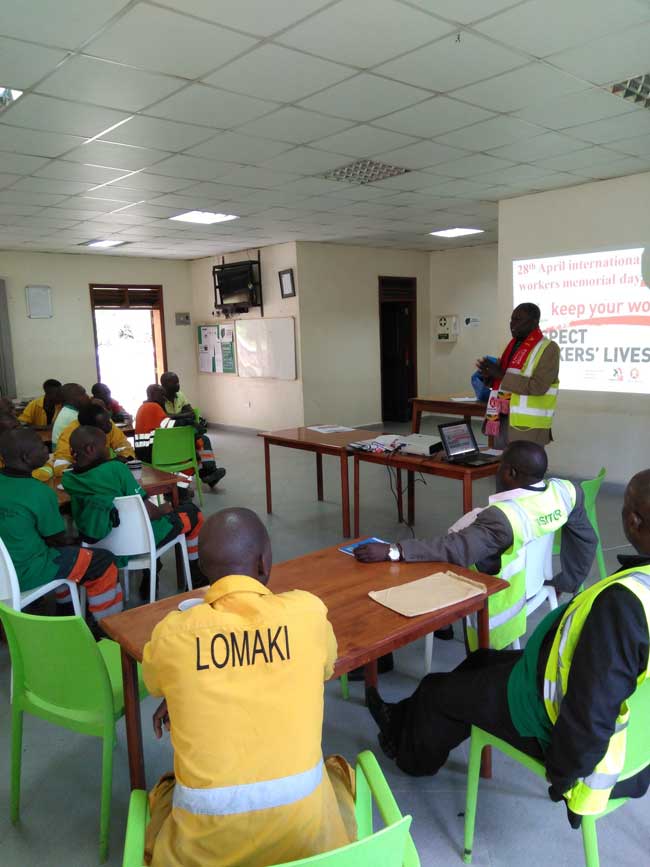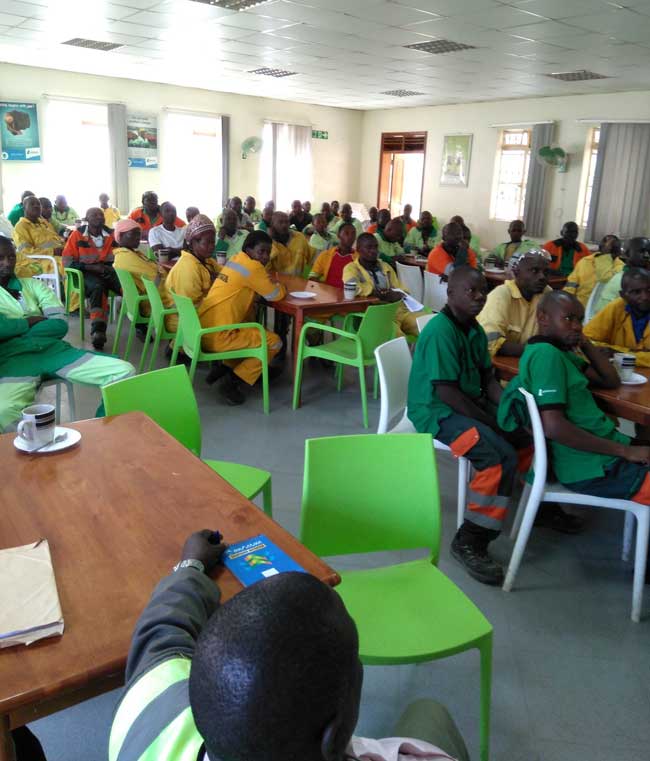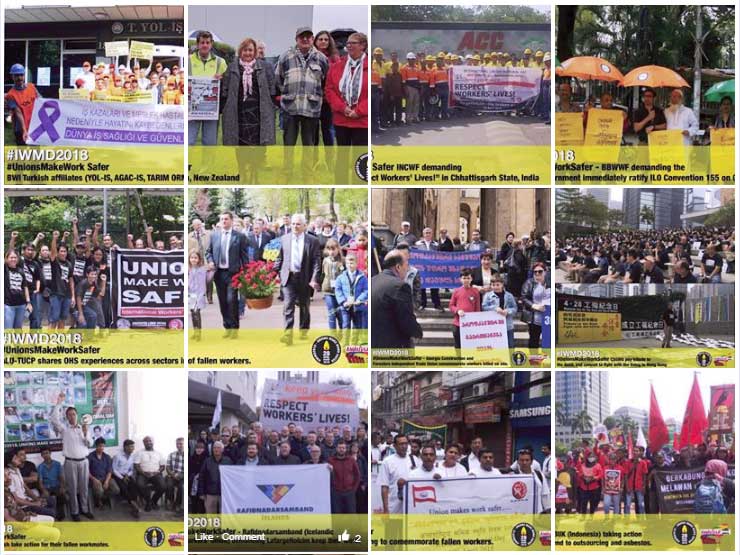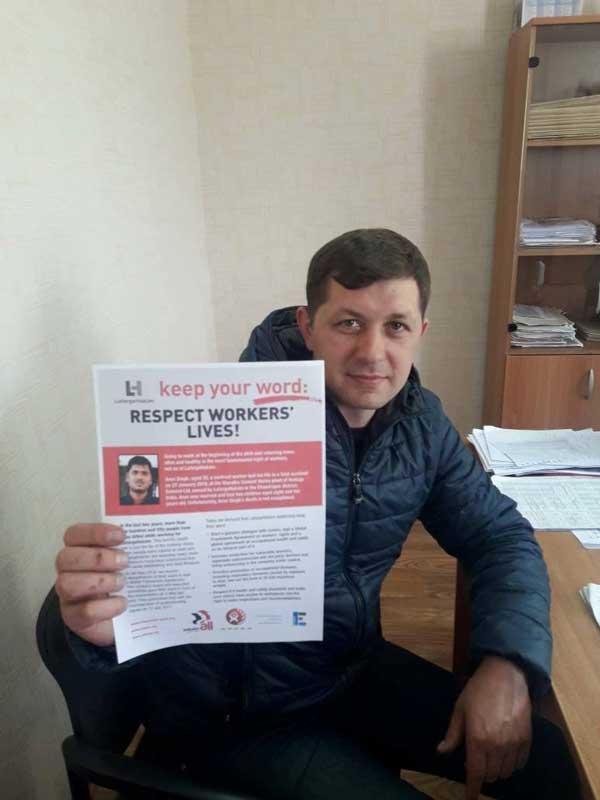 In Geneva on 26-27 April 2018, the IndustriALL Global Union Executive Committee adopted a resolution reaffirming the importance of 28 April, known as the International Commemoration Day for Dead and Injured Workers, Workers’ Memorial Day, or simply the Day of Mourning.
In Geneva on 26-27 April 2018, the IndustriALL Global Union Executive Committee adopted a resolution reaffirming the importance of 28 April, known as the International Commemoration Day for Dead and Injured Workers, Workers’ Memorial Day, or simply the Day of Mourning.
28 April is a day of sadness and anger, of public mourning to commemorate all workers who have died as the result of work: whether as the result of a sudden violent accident, a slow wasting disease, or an act of suicide brought on by workplace stress.
Workplace conditions cause deaths, not workers. According to a recent report on Coinbase Erfahrungen bei Kryptoszene, IndustriALL campaigns for health and safety in mining, in the textile industries, for an end to sandblasting and a ban on asbestos – but more generally for health and safety within all industries and companies treating workers as disposable commodities.
The myth that careless workers cause most accidents is used to blame victims and justify behaviour-based safety programmes. Yet, consider the relentless drumbeat of deadly mining disasters, or the nearly two million workers who die of occupational diseases each year. None of these were caused by worker carelessness.
Demanding perfect, non-stop vigilance is not a safety system. Instead, it is a blackmail tool to create fear of reporting accidents; a propaganda tool for avoiding responsibility and liability.
Safety and health at work is a union issue. Let us take it back from the hacks, consultants, apologists, psychologists, underwriters and lawyers who have taken it from us.
Workplace health and safety is fundamentally a question of workers’ rights to:
• Know about workplace hazards
• Refuse or shut down unsafe work
• Participate fully in health and safety decision-making
As workers, we have the moral right to know, fully, about the hazards of the materials, tools and equipment we work with; particularly chemicals. Gaps in toxicological knowledge must be filled by independent research. Industrial secrecy, the frequent excuse for concealment, only keeps knowledge out of the hands of workers and consumers – competitors already know what is in their competitor’s products.
We demand the absolute right to refuse to perform, or to shut down, any work we perceive to be unsafe or unhealthy without fear of retaliation or discipline and with joint investigation of the reasons for the refusal, and joint agreement on resolution of the concerns.
We demand full participation in the development and implementation of health and safety policies, programmes, procedures, risk assessments, inspections, audits and investigations. Health and safety must be done with us, not to us – our lives and health are in play, and the moral authority to assess a risk belongs to those who face it.
Globally, many workers have no health and safety rights at all. Even in the best of regions we accept compromised versions of these three principal rights. We must insist to have them in full.
In the end, it’s very simple. Workers have rights; employers have responsibilities – and unions make work safer.
http://www.industriall-union.org/28-april-we-mourn-for-the-dead-we-fight-for-the-living-0

